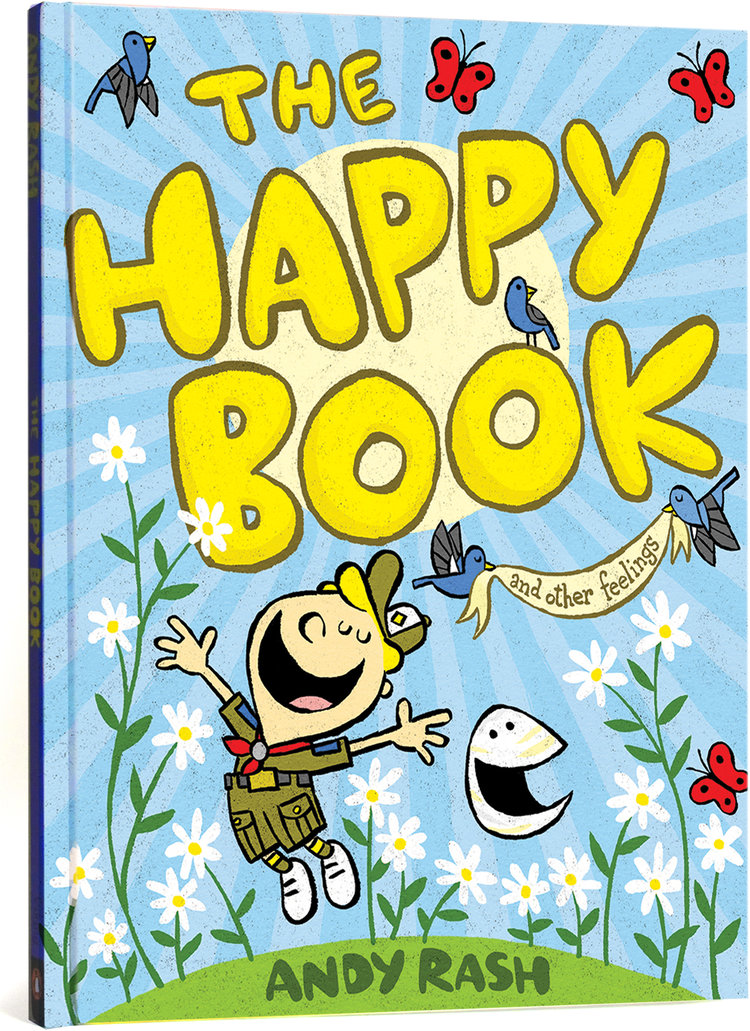
Respond with Sensitivity
Build the foundation of trust and empathy beginning in infancy. Tune in to what your child is communicating to you, then respond consistently and appropriately. Babies cannot be expected to self-soothe, they need calm, loving, empathetic parents to help them learn to regulate their emotions. Respond sensitively to a child who is hurting or expressing strong emotion, and share in their joy.
API Links
|
|
"Harsh said in her practice she sees a number of adult patients who still struggle with the fact that a parent never said “I love you” to them as a child. |
|
" But then I consider what kind of young man he is going to become, with all the love and sweetness he possesses and I know it’ll be a beautiful thing. Honestly, there’s not even one part of me that wants to “toughen him up.”" |
Making time to share time and interests with your child refills the love-tank and lets you bounce back after struggles. Small moments in every day, every week, keep us connected. |
|
"How, then, can a healthy degree of empathy be instilled in a child? “Empathy is a mutable trait, it can be taught,” Dr. Riess told me. |
This Attachment Parenting International post was compiled from many APtly Said contributions that help AP parents navigate holiday challenges in the midst of celebrations: co-sleeping while traveling, maintaining balance with so much going on, nurtur |
|
Have you ever tried to explain to someone what attachment parenting is? |
“If you have a genetic risk for depression you would be wise to enhance certain elements of the child-rearing environment to protect against transmission of depression,” Luby said in a phone interview. |
|
"Parents really matter. In this study, children who had engaged interested parents, ones who had ambitions for their future, were more likely to escape from a difficult start. |
"Nadella asked his top executives to read Marshall Rosenberg’s Nonviolent Communication. |
- ‹ previous
- 9 of 43
- next ›






